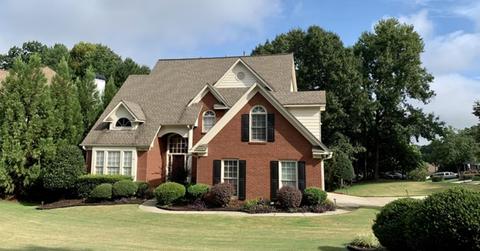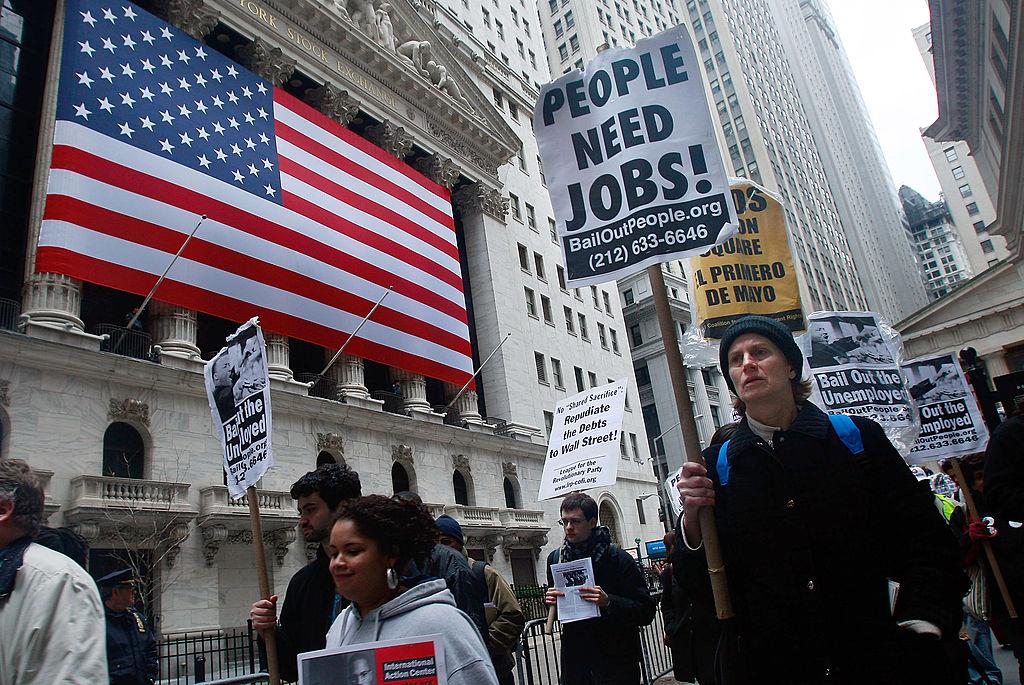Recessions Don’t Always Lower Home Prices, Might Do This Time
More Americans are getting worried about a recession in 2022. Do recessions lower home prices? Although recessions don't always lower home prices, it might this time.
July 5 2022, Published 8:51 a.m. ET

Home prices can drop during a recession
More Americans are getting worried about a recession, which is visible in rising Google searches around the term. With many economists predicting a recession and the Atlanta Fed GDP tracker showing that the U.S. economy is already in a recession, prospective homebuyers are wondering whether home prices come down in a recession.
First, we should understand that all recessions are different and so are their economic outcomes. The next recession, if it were to occur between now and 2023, would be due to the Federal Reserve’s rate hikes in response to the spiraling inflation. Usually, we see the Fed lower rates in a recession, which was the case during the recessions in 2020 and 2008–2009.
Housing demand comes down in a recession.
The demand for housing invariably comes down in a recession as consumers shun discretionary purchases amid economic uncertainty. Buying a home is a long-term commitment and buyers need to be reasonably sure of their ability to repay a mortgage before taking one.
Banks also tighten their credit policies during an economic downturn and people with low or bad credit struggle to get mortgages during a recession. However, it doesn't mean that home prices always fall in a recession.
Home prices don’t necessarily fall in a recession.
Home prices fell steeply during the Great Recession of 2008–2009. However, the recession occurred because the U.S. housing market crashed after years of excesses. U.S. home prices increased significantly in the years preceding 2007 and eventually the bubble burst.
However, in the 2001–2002 recession, home prices in the U.S. rose at an annualized pace of 7 percent, according to the Office of Federal Housing Enterprise Oversight. Things were different in the 1990 recession and home prices fell during the economic slowdown.
There are signs of a bubble in the U.S. housing market.
Looking at historical data points, we find that home prices tend to fall in a recession when the market is in a bubble, as was the case in 2007 and 1989. There are visible signs of a bubble in the U.S. housing markets in 2022. Average home prices in the U.S. have more than doubled over the last decade. We saw similar euphoria before the 2008 housing market crash.
Home affordability as measured by the ratio of median income to median home prices is way below historical averages, which suggests that homes are more expensive to buy by historical standards. However, the housing market has held up well thanks to the supply shortfall.
There has been a shortage of homes due to the supply chain crisis caused by the COVID-19 pandemic. The number of homes for sale is running below the historical average, which has led to a demand-supply mismatch. The input cost inflation has also contributed to higher home prices as everything from steel, lumber, cement, and labor costs have risen significantly over the last two years.
Home prices might fall in the next recession — here's why.
The conditions look ripe for home prices to fall in the next recession. First, input costs are coming down which would help lower the cost to build new houses. Second, mortgage rates have climbed to multi-year highs, which are expected to further dampen the demand.
With low home affordability and high home prices after the last decade’s boom, U.S. home prices might fall in the next recession. While the word “recession” has negative connotations, they help bring normalcy to the markets, which is something the U.S. housing market needs right now.

